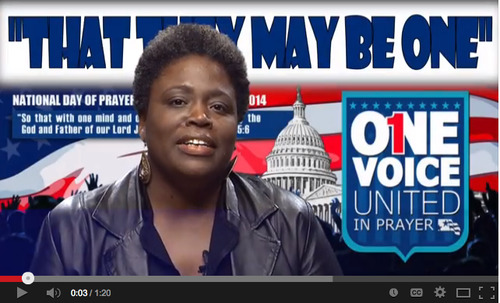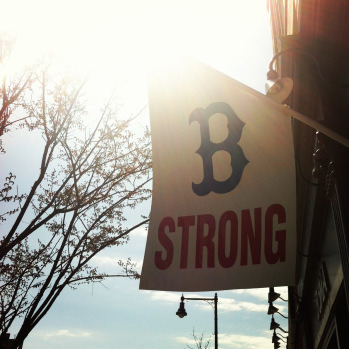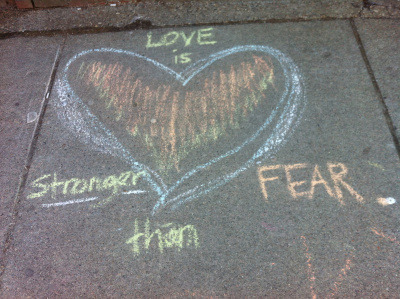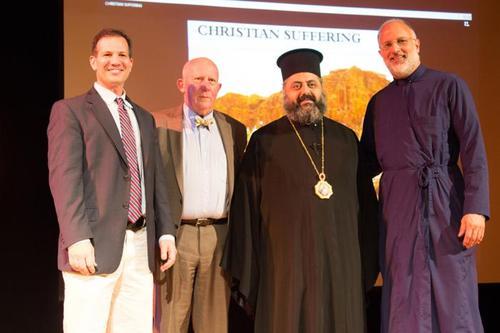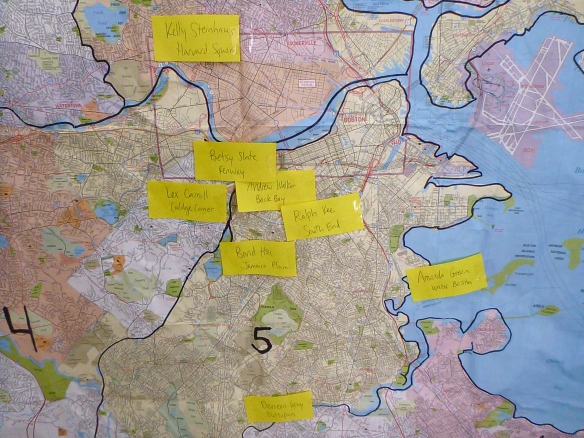This coming Thursday, May 1st, churches and individuals across our city will be joining together for the Annual National Day of Prayer gathering in downtown Boston. Sheila Donegan, the UniteBoston Journalist, had the opportunity to sit down with Latonya Brown to hear more of the history behind this year’s event.
——————–
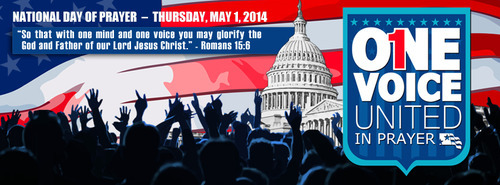
We have a rich history of prayer as a nation. The National Day of Prayer was first signed into law by President Harry Truman on April 17th, 1952. He asked that the people of the United States would come together on this day and collectively turn our hearts to God in prayer and meditation. But the call to pray goes back much further than this. In fact, days of prayer have been called for in the United States since 1775, when the Continental Congress designated a time for prayer as the new nation was forming.
In his 1983 declaration, Ronald Reagan said, “From General Washington’s struggle at Valley Forge to the present, this nation has fervently sought and received divine guidance as it pursued the course of history. This occasion provides our nation with an opportunity to further recognize the source of our blessings, and to seek His help for the challenges we face today and in the future.”
As a country, we are celebrating the 63rd year of this event with over 40,000 gatherings across the United States. LaTonya Brown, this year’s coordinator for Massachusetts, told us that this year the focus is on mobilizing and equipping the Body of Christ to pray for sustained worldwide revival, reformation and restoration. LaTonya shared that in Massachusetts, we will be joining the millions across our country as we pray and seek the face of God on behalf of our city, state, and nation. There are currently fifteen prayer gatherings scheduled across the Commonwealth.
There will be two strategic events in the city of Boston:
National Day of Prayer Noonday Prayer Gathering at the State House
“That They May Be One” Clergy and Intercessors United in Prayer for Massachusetts
“There is a move of the Holy Spirit happening across the earth and it is being strongly felt within Massachusettes and New England. We are here to call the body of Christ in our communities to come together and stand in the gap on behalf of our city, our region and our nation.” LaTonya shared. “We hope that all that are a part of the Body of Christ in the Boston and Greater Boston area will join us in this most significant time as we come together as one and lift up the Name that is above all names…the Name of Jesus over our city. May we see His Kingdom come here and his will be done on this earth as we do!
For more information on the National Day of Prayer in Boston and how you can be a part, watch the video below or email: latonya@praymassachusettes.org 